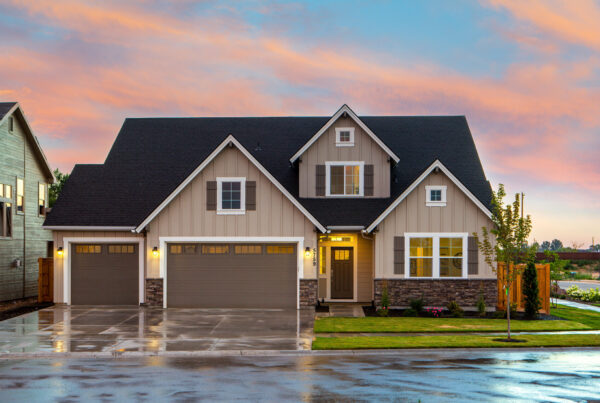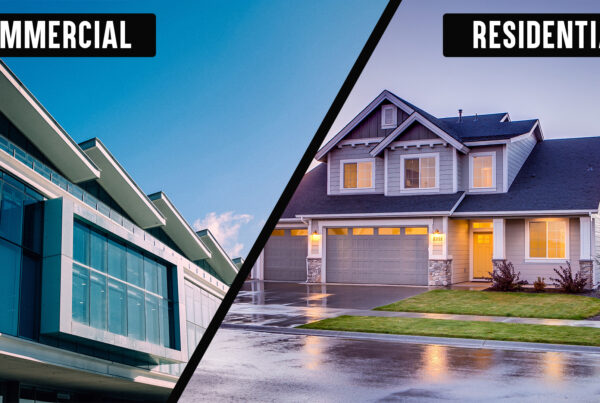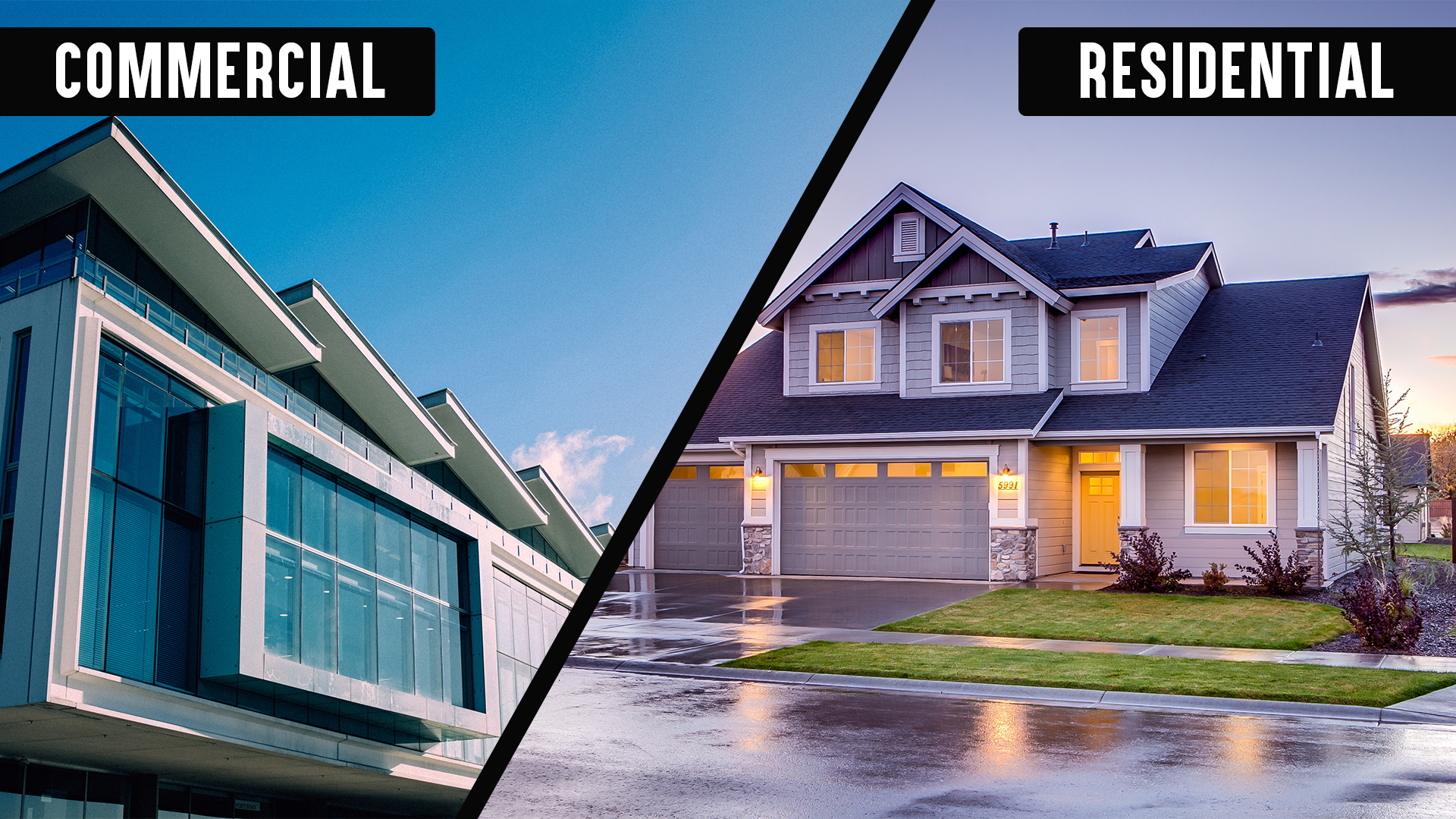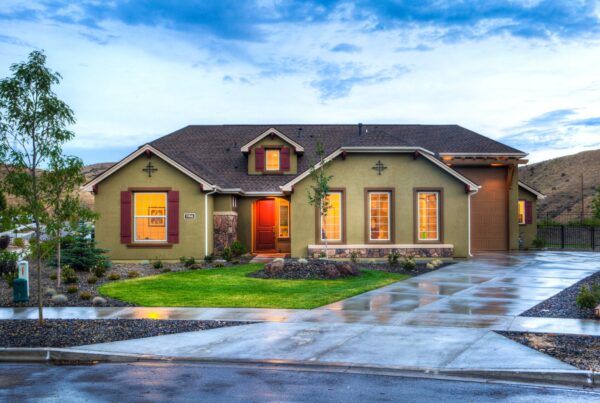As a property owner, it’s important to understand the differences between residential and commercial roofing.
From size and pitch to materials and complexity, there are many factors that set these two types of roofs apart. Here’s a closer look at some of the key differences between residential and commercial roofing.
- Roof Size: One of the biggest differences between residential and commercial roofing is the size of the roof. Commercial roofs are typically much larger than residential roofs, and require different installation techniques and materials.
- Roof Pitch: Residential roofs generally have a steeper pitch than commercial roofs. Commercial roofs are often flat or low-slope, which requires different materials and installation techniques to ensure proper drainage.
- Materials: The types of materials used for residential and commercial roofing also differ. Residential roofs are typically covered with asphalt shingles, while commercial roofs may be made of materials such as metal, TPO, or PVC.
- Complexity: Commercial roofing is often more complex than residential roofing, with multiple levels and penetrations, such as HVAC units, vents, and skylights. These require additional skills and expertise to install and maintain.
- Cost: Commercial roofing is generally more expensive than residential roofing due to the larger size and complexity of the roof.
- Maintenance: Commercial roofs require more regular maintenance than residential roofs due to their larger size and the additional components that need to be maintained.
- Building codes and regulations: Commercial roofing must meet specific building codes and regulations that are different from those for residential roofing. This includes factors such as fire resistance, wind resistance, and energy efficiency.
- Safety: Commercial roofing projects typically require more safety precautions due to the size and height of the roof, as well as the potential for exposure to hazardous materials.
These unique considerations highlight the importance of selecting a roofing contractor with experience in both residential and commercial roofing. A contractor who understands the differences between these two types of roofing can ensure that your roof is installed correctly and to code. At [Roofing Company Name], we have years of experience in both residential and commercial roofing, and we’re committed to providing our clients with the highest quality workmanship and customer service. Contact us today to learn more about our services and how we can help you with your roofing needs.








